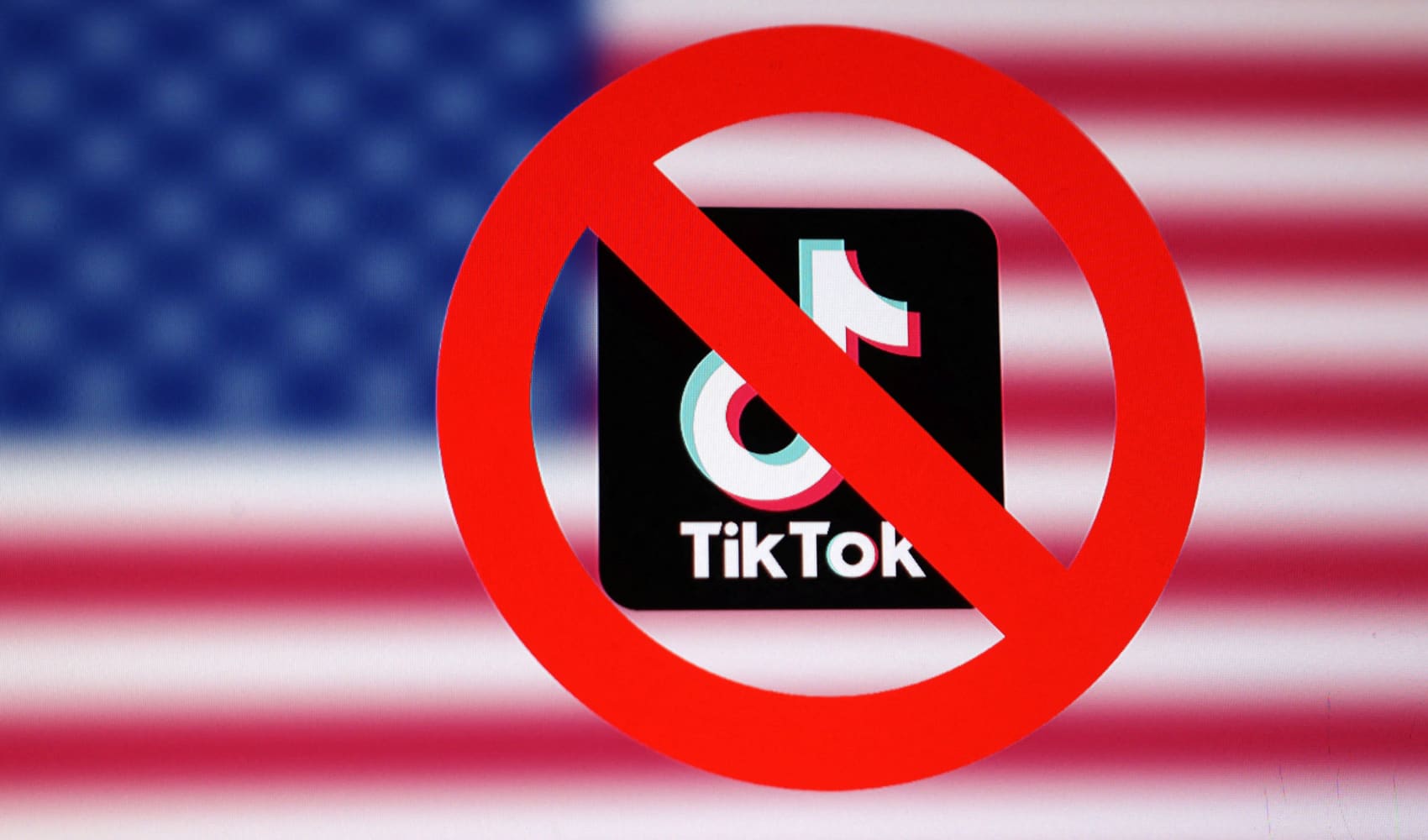
I'm a big believer in the to-do list.
I usually sit down to make one when I get into work and put everything on it: priorities for that day, tasks that could help me move bigger projects forward, tasks that could get done next week … Needless to say, these lists can be as long as 10 items long.
So when I heard David Rock, author of "Your Brain at Work" and founder and CEO of the NeuroLeadership Institute, a science-based leadership company, speak at the Fast Company Innovation Festival this year and encourage people to include only the three most important items on their to-do list every day, I was intrigued.
The brain can hold and process three items much more fluently than four or more, he later told me. We feel more capable of getting them done and recall them more easily.
Get Tri-state area news delivered to your inbox. Sign up for NBC New York's News Headlines newsletter.
I tried limiting my list to just three items per day for about a month. Here's what I found.
I felt a sense of relief from having so little to do
There were definitely benefits to using this method.
Money Report
The length of my lists often leaves me feeling overwhelmed. I can't actually get the number of items done that I include, and having so many unchecked at the end of the day leaves me with a sense of guilt and lack of accomplishment. Even on productive days, it can feel like I've gotten very little done.
Writing just three tasks down lightened the emotional load and helped me release that sense of guilt. It was much easier to check everything off the list and even if something didn't get done, it was one item as opposed to seven.
I have ADHD: I need to make longer lists
That said, there were challenges with using this method.
There were usually more than three tasks I'd need to do every day, even if some were quick ones. Often tasks came up that I hadn't accounted for, like multiple rounds of edits, but I felt like I couldn't add them to the list.
I have ADHD, so writing things down — even smaller tasks like checking emails — is crucial to be able to keep them organized in my brain. Limiting myself to three items meant I had to remember them instead. That ended up being pretty stressful in and of itself.
Overall, Rock's method can definitely help lower stress around workloads, but it's not necessarily best for some jobs or, at least, some brains.
Going forward, I will limit the list of my tasks per day, but I'll cap it at five items instead of three. I'll try to write just four items in the morning and leave that fifth one open for whatever comes up unexpectedly. If there's anything I want to put on the list that can be done another day, I'll put it on that day's list ahead of time so I don't forget.
Want to make extra money outside of your day job? Sign up for CNBC's online course How to Earn Passive Income Online to learn about common passive income streams, tips to get started and real-life success stories.
Plus, sign up for CNBC Make It's newsletter to get tips and tricks for success at work, with money and in life.






